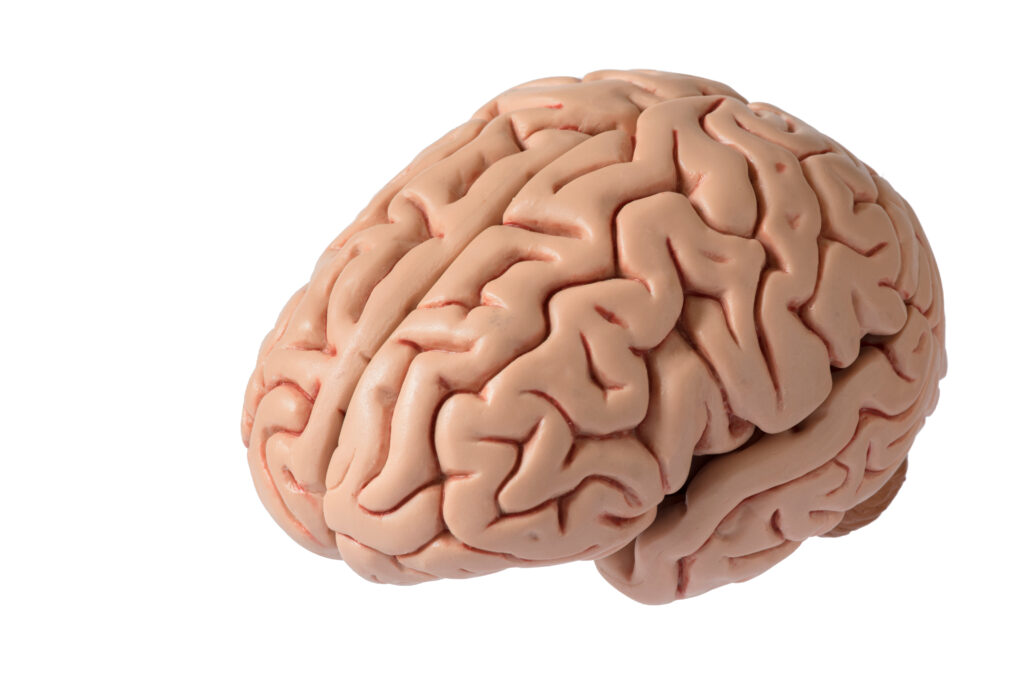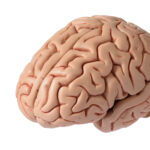### Creating a Brain-Boosting Supplement Routine for Dementia Prevention
Dementia is a serious condition that affects millions of people worldwide. While there is no single magic pill to prevent it, incorporating certain supplements into your daily routine can help support brain health and potentially lower the risk of dementia. Here’s a simple guide to creating a brain-boosting supplement routine.
#### 1. **Vitamin D: The Sunshine Vitamin**
Vitamin D is essential for overall health, and recent studies suggest it may also play a role in preventing dementia. Vitamin D helps improve bone health, boosts the immune system, and can even support brain function. If you’re not getting enough vitamin D from sunlight or your diet, consider taking a supplement. The recommended daily intake is 600 IU for most adults, and 800 IU for those over 70[1][2].
#### 2. **Omega-3 Fatty Acids: The Brain’s Building Blocks**
Omega-3 fatty acids, particularly EPA and DHA, are crucial for brain health. These nutrients support brain growth and development and may reduce the risk of cognitive decline. While it’s best to get omega-3s from fatty fish like salmon, supplements can also be beneficial. However, it’s essential to consult with your healthcare provider before starting any new supplement, as fish oil may interact with certain medications[4].
#### 3. **B Vitamins: The Energy Boosters**
B vitamins, especially B12 and folate, are vital for brain function and may impact cognition and memory. Deficiencies in these vitamins can increase the risk of cognitive decline and depression. If you’re not getting enough B vitamins from your diet, consider taking a supplement. Foods rich in folate include spinach, asparagus, beans, and avocado[4].
#### 4. **Vitamin E: The Antioxidant**
Vitamin E is a powerful antioxidant that can help reduce oxidative stress and inflammation in the brain. While the evidence is mixed, some studies suggest that vitamin E may reduce the risk of cognitive decline. It’s best to get vitamin E from foods like wheat germ, nuts, seeds, beans, spinach, and broccoli rather than supplements[4].
#### 5. **Curcumin: The Anti-Inflammatory**
Curcumin, found in turmeric, has potent anti-inflammatory properties. Inflammation is a common factor in many neurological diseases, and reducing it may help prevent cognitive decline. While consuming turmeric directly is challenging, curcumin supplements can be effective. However, more research is needed to confirm its benefits[4].
#### 6. **Ginkgo Biloba: The Ancient Remedy**
Ginkgo biloba has been used for centuries to treat various ailments, including anxiety and dementia. However, human studies have not shown significant benefits in preventing or slowing dementia. It’s essential to consult with your healthcare provider before taking ginkgo biloba, as it can interact with other medications[4].
### Tips for Creating Your Supplement Routine
1. **Consult Your Healthcare Provider:** Before starting any new supplements, it’s crucial to consult with your healthcare provider. They can help you determine the best supplements for your specific needs and ensure they won’t interact with any medications you’re taking.
2. **Combine Supplements Wisely:** While individual supplements can be beneficial, combining them without proper guidance can lead to adverse effects. Always follow the recommended dosages and consult with your healthcare provider.
3. **Maintain a Balanced Diet:** Supplements should complement a balanced diet, not replace it. Focus on eating foods rich in vitamins and minerals to support overall brain health.
4. **Stay Active and Healthy:** Regular exercise, a balanced diet, and a healthy lifestyle are essential for maintaining brain health. Supplements should be seen as a complement to these habits, not a replacement.
By incorporating these brain-boosting supplements into your routine and maintaining a healthy lifestyle, you can potentially lower your risk of dementia. Remember


